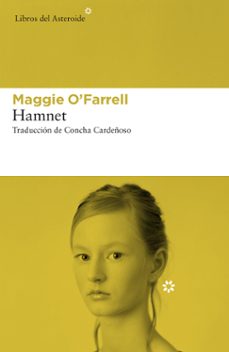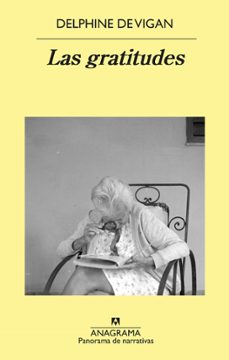📗 Libro en inglés LECTURES ON SHAKESPEARE
PRINCETON UNIVERSITY PRESS- 9780691102825
Sinopsis de LECTURES ON SHAKESPEARE
"What Auden has to say about Shakepeare''s plays is almost always interesting, for two reasons. First, he knows how to praise or dissent, and to do so with much originality; secondly, he speaks of the ideas that were shaping his own thought and work at this important moment in his career, so that this book is as much a contribution to our understanding of Auden as it is to our appreciation of Shakespeare. It is beautifully edited and should interest all readers of Shakespeare and all admirers of Auden."--Frank Kermode "Auden''s lectures on Shakespeare are a marvelous blend of steady, patient intelligence and stunning insight--spirited, free-thinking, resourceful, unintimidated, liberated from the air of treacly piety, and very, very intelligent."--Stephen Greenblatt "W. H. Auden, poet and critic, will conduct a course on Shakespeare at the New School for Social Research beginning Wednesday. Mr. Auden has announced that in his course . . . he proposes to read all Shakespeare''s plays in chronological order." "The New York Times" reported this item on September 27, 1946, giving notice of a rare opportunity to hear one of the century''s great poets comment on one of the greatest poets of all time. Published here for the first time, these lectures now make Auden''s thoughts on Shakespeare available widely. Painstakingly reconstructed by Arthur Kirsch from the notes of students who attended, primarily Alan Ansen, who became Auden''s secretary and friend, the lectures afford remarkable insights into Shakespeare''s plays as well as the sonnets. A remarkable lecturer, Auden could inspire his listeners to great feats of recall and dictation. Consequently, the poet''s unique voice, often down to the precise details of his phrasing, speaks clearly and eloquently throughout this volume. In these lectures, we hear Auden alluding to authors from Homer, Dante, and St. Augustine to Kierkegaard, Ibsen, and T. S. Eliot, drawing upon the full range of European literature and opera, and referring to the day''s newspapers and magazines, movies and cartoons. The result is an extended instance of the "live conversation" that Auden believed criticism to be. Notably a conversation between Auden''s c
Ficha técnica
Editorial: Princeton University Press
ISBN: 9780691102825
Idioma: Inglés
Encuadernación: Tapa blanda
Año de edición: 2002
Especificaciones del producto
Escrito por Wystan Hugh Auden
W.H. Auden nació en la ciudad inglesa de York en 1907. Estudió en el Christ Church de Oxford, donde coincidió con otros escritores como Stephen Spender, Louis MacNeice o Christopher Isherwood. En 1930, su libro Poems sentó las bases de su prestigio como una de las voces más originales y contundentes de su generación. Durante la década de los años treinta del siglo XX, viajó por Alemania, Islandia, China y España, donde fue testigo de la guerra civil española. En 1939 abandonó Europa y se trasladó a Estados Unidos, país del que adquirió la nacionalidad y en el que conoció a Chester Kallman, su compañero de toda la vida, y cambió de piel ideológica y estilística: del socialismo y el psicoanálisis regresó a las preocupaciones cristianas y teológicas. En 1948 recibió el Premio Pulitzer de poesía y, en 1956, ganó el National Book Award. Ese mismo año fue nombrado profesor de poesía en Oxford, ciudad a la que finalmente regresó en 1970. Murió en Viena en 1973.
Opiniones sobre LECTURES ON SHAKESPEARE
¡Sólo por opinar entras en el sorteo mensual de tres tarjetas regalo valoradas en 20€*!































